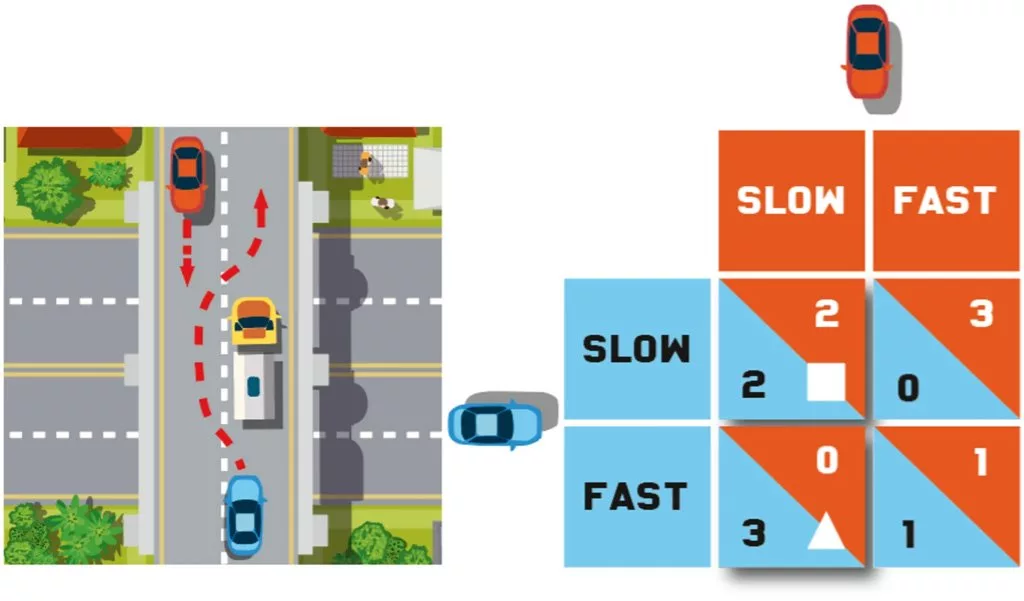A new study by German and Japanese researchers shows that Japanese citizens have more respectful behavior with artificial intelligence technologies than Western citizens.
What is the difference between the behavior of Japanese and Westerners with artificial intelligence?
The expansion of the use of automated tools and technologies related to artificial intelligence has made researchers interested in investigating the behavior of such services and seeking differences and the source of different behaviors in this area. A recent study by researchers at the University of Ludwig Maximilian Munich in collaboration with the University of Tokyo has shown that the Japanese behave differently than Westerners in the face of cars.
A new study, published in the reputable scientific journal of Scienfitic Reports, claims that selfish and abusive behaviors increase when interacting with artificial intelligence -based technologies. In this study, common economic behavioral tests have been used and the behavior of two groups of American and Japanese citizens has been examined. The results show that humans are more respectful to each other, but in the face of artificial intelligence and their tools their behaviors are inclined to selfishness and profit.
Participants in one of the driving tests, if they face the other driver, behaved naturally, but when they are facing a car, the likelihood of out -of -custom behaviors, such as dangerous overtake. Of course, the incidence of this behavior is not the same among the citizens of different countries; European and American citizens are more likely to show their superiority over their cars, but the rate of Japanese citizens has been reported less.
Researchers believe that the main source of the difference between the behavior of citizens of different countries goes back to the torment of their conscience. The inhabitants of Western countries are more shameful in contrast to the real human beings, but the torment of the conscience of Japanese citizens is the same in different circumstances and there is no difference between humans and robots. Such differences can have a significant impact on the future of car technology, and services such as driverless taxis may have faster reception rates in Japan and Eastern communities than other countries.
RCO NEWS

















